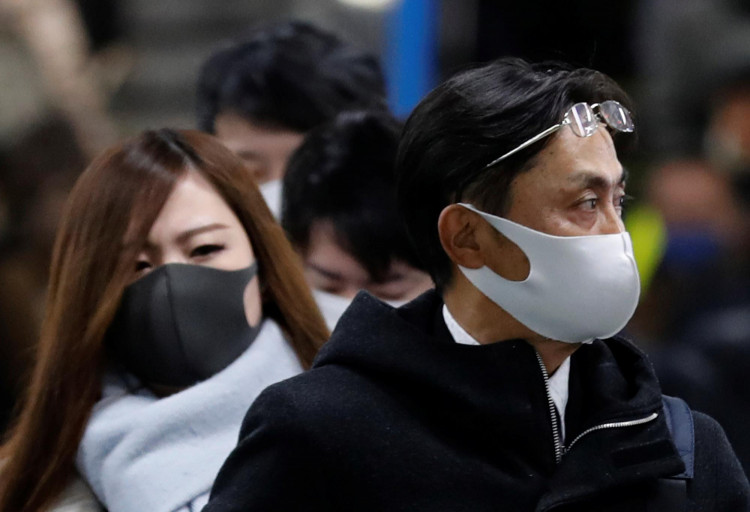The Bank of Japan's index for sentiment among big manufacturers jumped to 14 in the June quarter from 5 in the previous period and compared with a market consensus of 15, the Bank of Japan said Thursday.
It was the fourth consecutive quarter of improvement and the highest reading since the December quarter of 2018.
The bank attributed the improvement to a recovery in the economy from the Covid-19 crisis.
Sentiment improved among companies producing chemicals, petroleum and coal products, food and beverages as well as metals, general-purpose machinery and electrical machinery.
"The further rebound in the tankan supports our view that the economy's disappointing start to the year won't prevent vaccines driving a strong rebound toward the end of the year," Capital Economics Japan economist Tom Learmouth said Thursday.
"With services spending hit hard by two rounds of emergency declarations so far this year, the improvement in conditions at large nonmanufacturing firms was more muted - rising from minus 1 to 1. Meanwhile, the 5-point change in the all-industry index relative to the first quarter is consistent with gross domestic product rising roughly 4% year over year the second quarter. That's much weaker than our forecast for a 7.0% annual rise - though that will have been entirely driven by base effects from the weakness in the second quarter of last year," he said.
"Employment conditions - which fall when more firms are reporting staff shortages - fell from minus 12 to minus 14, supporting our view that the recent deterioration in the labor market is only a temporary setback. Finally, large firms are projecting a 9.6% rise in capital spending in the fiscal year that began in April and ends in March 2022. That was much stronger than the Bloomberg median of a 7.2% year-on-year rise but below our own forecast of a 12.0% rise.
"All told, the survey bolsters our view that a weak start to the year will soon give way to a strong recovery. We think gross domestic product will be back at pre-virus levels by the end of this year, and back at its pre-virus path before the end of 2022," Learmouth said.
"Exports and output continue to improve, which is helping sentiment improve for most manufacturing sectors. The auto sector, however, saw sentiment worsen due to shortages in semiconductor chips," a Bank of Japan official said at a briefing.
Big companies expect capital expenditure to rise 9.6% in the current fiscal year ending in March, after an 8.3% drop in the previous year, the survey showed.
Some analysts, however, have questioned how quickly the economy can sustainably emerge from the pandemic with a resurgence in infections and slow a vaccination program clouding the outlook for consumption.
Soaring raw material costs and chip shortages were also fanning caution among some manufacturers, such as those of lumber goods and automobiles, the survey showed.
"Industries such as restaurants and hotels showed signs of improvement probably because people are getting used to the coronavirus, though department stores appear to feel more of a pain from COVID curbs," said Hiroshi Shiraishi, senior economist at BNP Paribas Securities.
"The pace of recovery will largely depend on developments of the coronavirus and vaccine rollout from now on," he said.
Japan's economy shrank an annualized 3.9% in the first quarter and likely grew only modestly in the April-June period as state-of-emergency curbs to prevent the spread of Covid cooled consumption, Reuters reported.
While curbs have been lifted for most areas, many analysts expect consumption to remain a weak spot in Japan's export-driven recovery as slow vaccinations keep households from boosting spending on leisure and dining out.
The tankan will be among factors the Bank of Japan will scrutinize at its interest rate review July 15 and July 16 - when it will produce fresh quarterly growth and inflation projections.
Tankan sentiment index readings are calculated by subtracting the percentage of respondents who say conditions are poor from those who say they are good. A positive reading means optimists outnumber pessimists.





